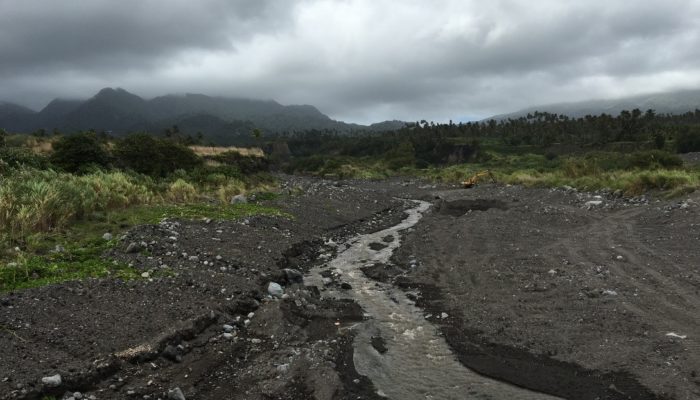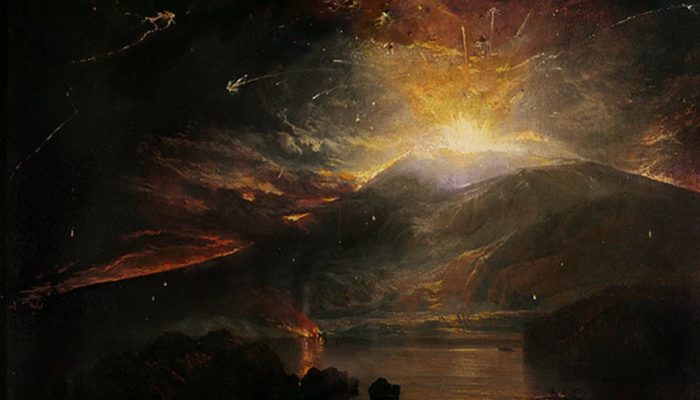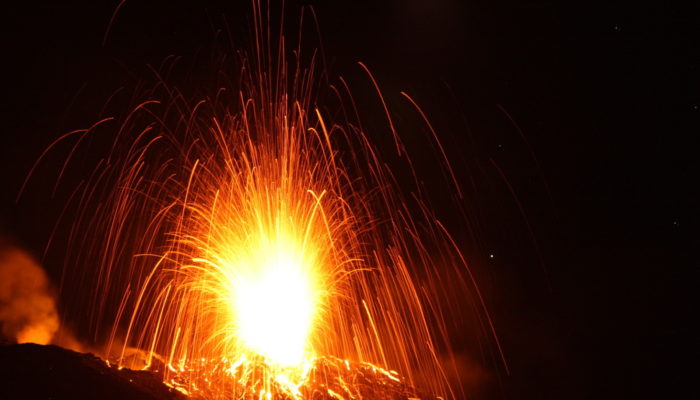Mahatma Gandhi once said, “The future depends on what you do today”. In the past months, we have witnessed extreme weather events, wildfires, earthquakes, and volcanic activity in different parts of the world. Although this activity is ordinary for a living planet like Earth, it can disturb the modern way of living and put people at risk. Even for the events that can be predicted with a higher deg ...[Read More]
The bad, the good and the unpredictable: living with volcanoes / part 2
Before continuing, if you haven’t read it yet, catch up with the first part of this blog article by clicking on this link. The good Living with volcanoes is not all bad. Volcanoes provide a wealth of natural resources in the form of building materials, hot springs, freshwater and fertile soil. However, there are more hidden aspects, which was the focus of a recent collaboration with an archa ...[Read More]
The bad, the good and the unpredictable: living with volcanoes / part 1

Introduction Humans have existed and lived alongside volcanoes for as long as we have been on the planet. For some, this has been beneficial and often, in fact, we can see how indigenous knowledge finds a sustainable approach living with them. However, in some cases, societies cannot cope and are overwhelmed with volcanic eruptions. There are many examples from archaeological studies dealing with ...[Read More]
Stromboli: The Lighthouse of the Mediterranean
In the last months two paroxysmal explosive eruptions took place at Stromboli volcano: the first one, totally unexpected, on 3rd July (Video 1) that sadly cost the life of a person and the second and, currently, last one about three weeks ago, on the 28th August (Video 2). Today we try to answer a couple of questions about Stromboli and its eruptions. Are these paroxysmal eruptions common or rare ...[Read More]



